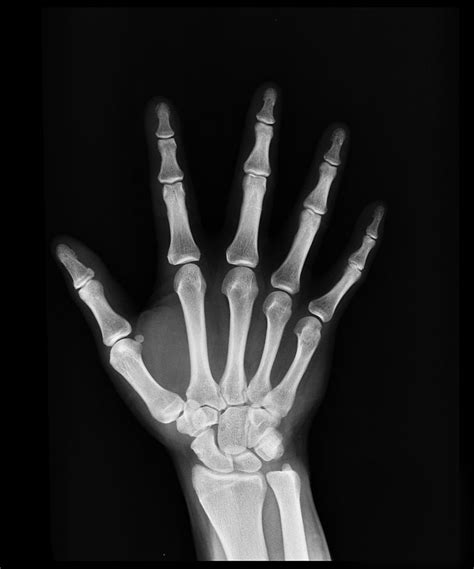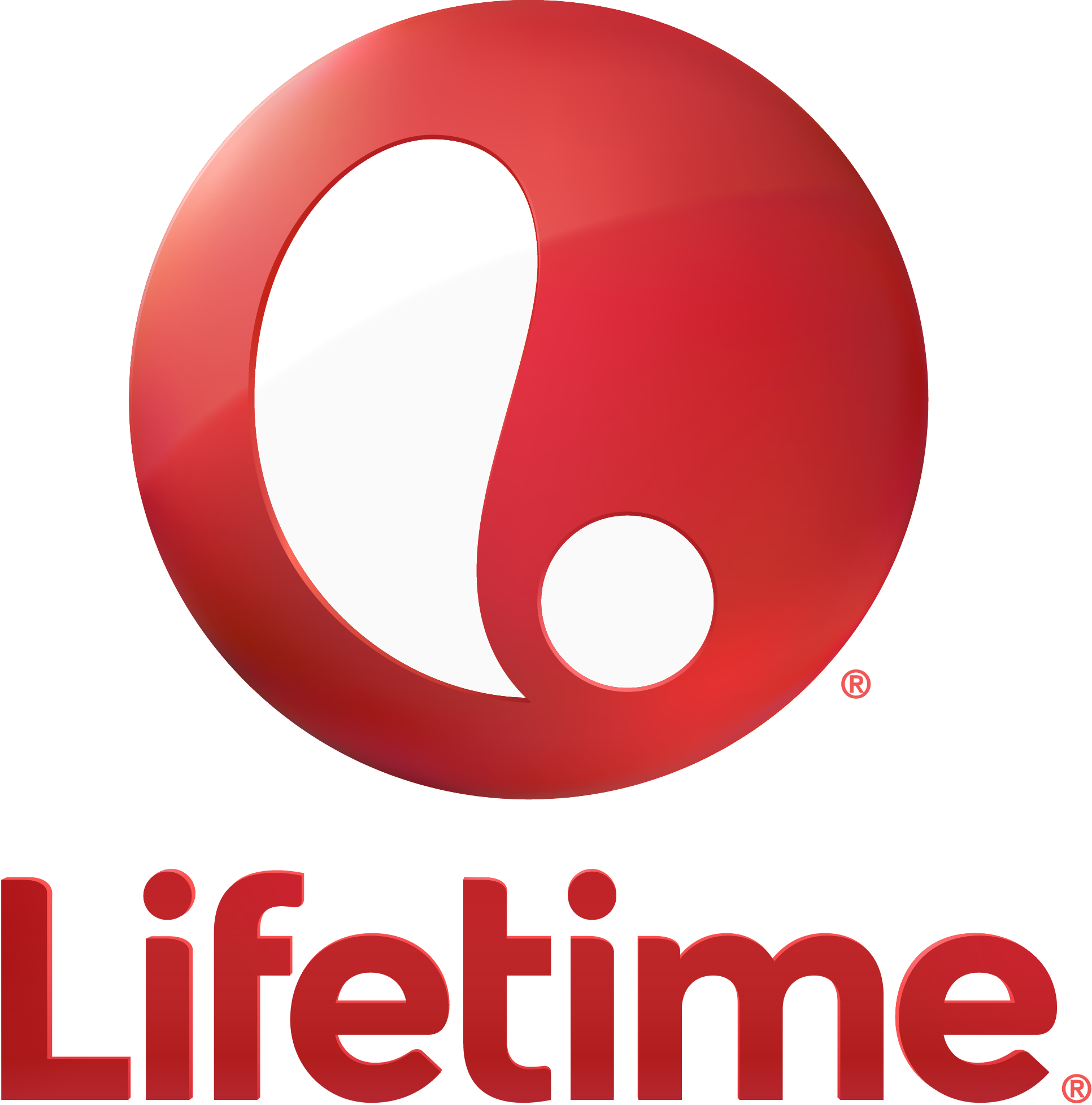Sleep Study Cost
Understanding the expenses associated with sleep studies is crucial for individuals suffering from sleep disorders. The cost of a sleep study, also known as a polysomnogram (PSG), can vary significantly based on several factors including the type of study, the location of the sleep center, and the insurance coverage of the patient. A sleep study is a non-invasive, overnight test used to diagnose sleep disorders such as sleep apnea, insomnia, restless leg syndrome, and narcolepsy.
Types of Sleep Studies and Their Costs
In-Lab Sleep Study: This is the most common type of sleep study, where the patient spends the night in a sleep laboratory. The cost can range from 1,000 to 3,000 or more per night, depending on the location and the sleep center’s facilities.
Home Sleep Test (HST): For patients with suspected obstructive sleep apnea, a home sleep test can be conducted. The cost of an HST is generally lower, ranging from 200 to 1,000. This method is more convenient and less expensive but might not provide as comprehensive data as an in-lab study.
Split-Night Sleep Study: In some cases, a split-night sleep study might be recommended. During the first part of the night, the patient undergoes diagnostic testing, and if sleep apnea is confirmed, the second part of the night is used to test treatment, typically with a CPAP machine. The cost for a split-night study can range between 1,500 to 4,000.
Factors Influencing the Cost
- Location: Sleep studies conducted in urban areas or at prestigious medical centers can be more expensive than those in rural areas or community hospitals.
- Insurance Coverage: Many insurance plans cover sleep studies, especially if they are deemed medically necessary. However, out-of-pocket costs, such as deductibles and copays, can vary.
- Type of Equipment Used: Advanced technology and more sophisticated equipment can increase the cost of the study.
- Qualifications of the Staff: Sleep centers with board-certified sleep specialists and highly trained technicians may charge more for their services.
Payment and Insurance Considerations
Before undergoing a sleep study, it’s essential to check with your insurance provider to understand what is covered and what out-of-pocket expenses you might incur. Some questions to ask include:
- Is the sleep study covered under my current insurance plan?
- What are the out-of-pocket costs, including deductibles and copays?
- Are there any specific requirements or pre-authorization needed for coverage?
- Are home sleep tests covered, and if so, under what conditions?
FAQ Section
How much does a sleep study cost without insurance?
+The cost of a sleep study without insurance can range from $1,000 to $3,000 for an in-lab study and $200 to $1,000 for a home sleep test. However, these costs can vary based on the location and the sleep center's facilities.
Does Medicare cover sleep studies?
+Yes, Medicare covers sleep studies under certain conditions. For example, it covers diagnostic sleep tests for sleep apnea when they are ordered by a doctor and deemed medically necessary.
How long does it take to get the results of a sleep study?
+The results of a sleep study are typically available within a few days to a week after the study. The time can vary depending on the workload of the sleep center and the complexity of the data collected during the study.
Can I do a sleep study at home?
+What does a sleep study diagnose?
+A sleep study can diagnose a variety of sleep disorders, including sleep apnea, insomnia, restless leg syndrome, narcolepsy, and periodic limb movement disorder, among others.
Is a sleep study painful?
+No, a sleep study is not painful. It involves placing electrodes on the scalp, face, and body to monitor brain waves, muscle tone, and heart rate, among other physiological activities, during sleep.
Conclusion
The cost of a sleep study can be a significant expense, but for those suffering from sleep disorders, it is a crucial step towards diagnosis and treatment. Understanding the factors that influence the cost and navigating insurance coverage can help make the process more manageable. Whether opting for an in-lab sleep study or a home sleep test, the goal is to improve sleep quality and, by extension, overall health and well-being.


